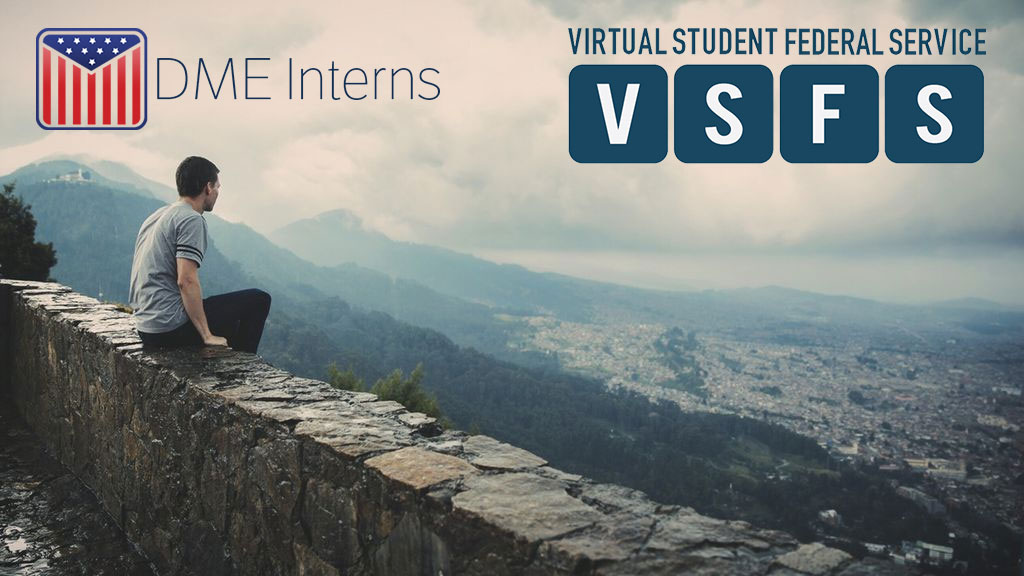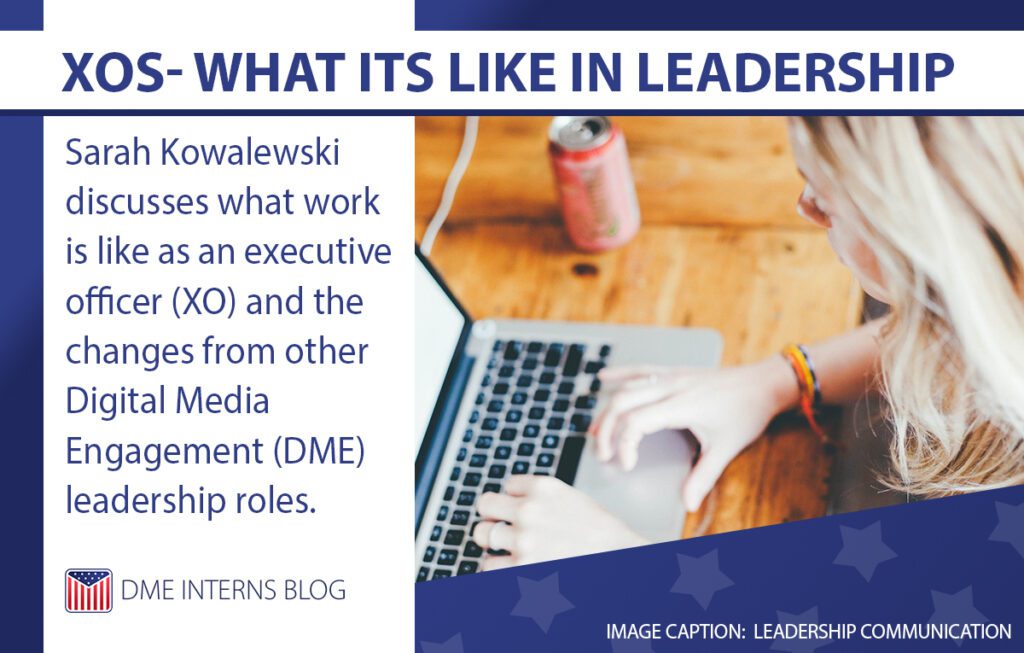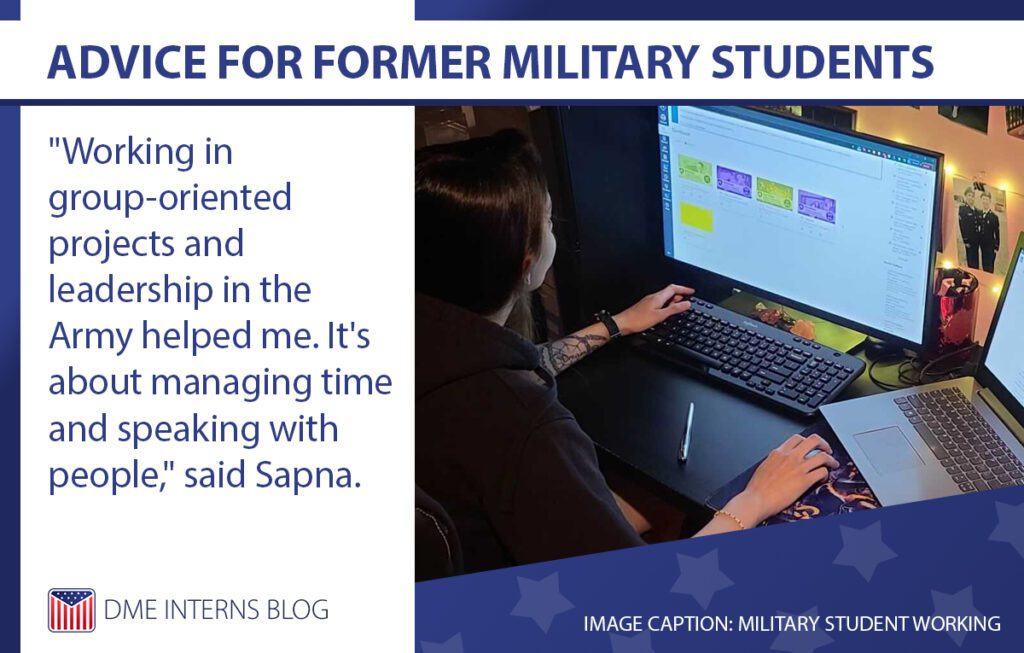19 Ways Summer Internships Are The Ultimate Career Boost

Summer internships can be transformative, bridging the gap between academic theory and workplace demands. When the academic year ends, students can focus intensively on real-world roles, tackling responsibilities that inform both their studies and future careers. Unlike internships during the school year, which must compete with exams and extracurriculars, summer internships stand out for their depth, intensity, and freedom from academic distractions.
These experiences are not merely résumé boosters. They catalyze personal growth, refine career interests, and cultivate essential competencies. Many interns return to campus armed with fresh perspectives, heightened confidence, and refined problem-solving skills. By leveraging a summer internship, students witness how coursework translates into tangible contributions and learn to thrive under mentors guiding them through professional challenges. Ultimately, summer internships instill a sense of ownership over one’s career, preparing students to make more informed decisions about their paths.
Here at the DME Interns summer internship is more than just experience—it’s an opportunity to make a real impact, gain hands-on skills in digital modernization, and contribute to meaningful projects that support our nation’s Veterans.
Benefits for Students

Practical Application of Academic Knowledge
In the classroom, students learn theories, formulas, and case studies, yet only in real workplaces do these concepts take on their full significance. Summer internships position interns at the center of projects—an engineering intern might help design a prototype, an English major might develop blog content, or a public health student might analyze wellness data. By seeing theory materialize, interns gain deeper insight into their coursework. This process also reveals gaps in their understanding, guiding them to refine academic priorities [1].
Interns frequently see how one department’s decisions affect another, prompting a systems-level perspective. A finance student might observe how marketing and product design teams collaborate, prompting fresh thoughts about budgeting and profitability. This hands-on experience often proves more instructive than classroom exercises alone.
Focused Professional Immersion
During the academic year, internships must contend with classes, club meetings, and part-time jobs. Summer, however, offers a season of focused professional immersion. Students can devote substantial energy to the workplace, tackling large-scale projects. This exclusive focus promotes deeper insights and a stronger sense of accomplishment. Interns may see a project develop from inception to execution—an experience rarely possible in a short semester [2].
Furthermore, immersing oneself entirely in professional culture offers clarity about standards, policies, and procedures. By working through real deadlines without the fallback of academic extensions, interns sharpen time-management strategies that strengthen both their professional and academic performance.
Mentorship Opportunities
A key advantage of summer internships is the mentorship they provide. Mentors serve as trusted guides, sharing feedback on tasks and highlighting best practices. An attentive mentor helps an intern identify strengths and address weaknesses, building professional competencies. Through regular check-ins, students learn to handle constructive criticism, adapt to multiple communication styles, and build resilience. Often, this mentor-intern relationship extends beyond the summer, shaping a student’s career prospects well into the future [3].
Some organizations assign mentors formally, while others encourage organic mentorship within teams. Whichever route they take, the resulting guidance can significantly boost an intern’s confidence and clarify career directions.
Career Exploration
For students unclear about their professional goals, summer internships serve as test drives. Rather than guessing based on course descriptions, interns experience daily tasks, professional culture, and workplace challenges in real-time. A student drawn to environmental policy might discover a passion for community outreach over research, while someone captivated by marketing might find analytics more fulfilling than crafting slogans. By illuminating personal preferences, summer internships help students avoid dedicating significant time and resources to ill-fitting paths [4].
Interns also gain clarity on expectations and the attitudes that foster success in a given setting. This practical insight can inform course selections, extracurricular activities, and networking priorities once students return to campus.
For students unclear about their professional goals, summer internships serve as test drives.
Academic Credit Integration
Many universities allow students to earn credit for internships, highlighting experiential learning’s importance. By aligning internship duties with program requirements—like reflective journals or research papers—students merge theory and practice. This synergy strengthens their educational experience and underscores to future employers that they can transform classroom insights into valuable work. For many, the internship is not just a job; it is a structured, credit-bearing component of their education [5].
Regular engagement with faculty advisors can further reinforce learning. An intern might discuss real-world challenges during advisory sessions, linking them to theories from coursework. These discussions deepen comprehension and yield final reports or presentations that fuse practical and scholarly perspectives.
Networking Opportunities
Summer internships place students among professionals at various career stages—from fresh graduates in entry-level positions to experienced mentors. In these settings, interns learn effective networking: knowing when to inquire, how to request informational interviews, and how to make a good impression. Over time, these relationships may evolve into mentorships, job referrals, or future project collaborations. In today’s interconnected world, these connections can prove as pivotal as academic achievements [6].
Many organizations host intern-specific events, such as lunches with leaders or presentations from different teams. These forums encourage interns to converse with peers and build contacts that may open doors long after the internship ends.
Benefits for Job Seekers

Competitive Advantage in the Job Market
Recruiters often regard internship experience as a strong indicator of work readiness. Completing a summer internship signals that the individual can adapt to real-world demands, meet deadlines, and engage in professional collaboration. More importantly, it demonstrates tangible achievements within a professional environment. This readiness typically sets internship holders apart from peers who have only classroom credentials [7].
Interns can highlight concrete accomplishments, such as boosting social media engagement or streamlining workflows, to show prospective employers how they might add value in a full-time role. Clear metrics and specific examples enhance a résumé’s impact.
Specialized Skill Development
Though academic programs provide foundational theories, internships introduce tools, software, and methods common to professional settings. A software engineering intern, for instance, might learn version control systems and agile techniques, such as Scrum or Kanban for collaboration across teams. A communications intern might master data analytics or community relations. These skills help students stand out in interviews, assuring employers they can contribute on day one [8].
Exposure to unique challenges encourages resourcefulness. Whether debugging code or handling a public relations dilemma, interns develop problem-solving approaches that go beyond classroom assignments.
Confidence and Professionalism
Stepping into a professional environment can feel intimidating at first, yet many interns leave with a stronger sense of self-assurance. They have drafted reports, presented ideas, navigated constructive criticism, and adapted to shifting project scopes. This confidence propels them into job interviews and permanent roles, reflecting an ability to handle new tasks smoothly [9].
Professionalism is also shaped by learning unspoken norms—such as punctuality, appropriate meeting etiquette, or diplomatic email communication. Adopting these habits early sets interns apart as reliable, conscientious team members.
An internship isn’t just about skills—it’s about confidence and professionalism. Interns leave with the ability to present ideas, adapt to challenges, and navigate professional norms, setting them apart as reliable and capable team members.
Pathway to Permanent Employment
Numerous organizations use summer internships to identify potential hires. Interns who excel—demonstrating initiative, creative thinking, teamwork, and dependability—often receive full-time job offers after their internship concludes or upon graduation. This direct route into employment spares new graduates from long searches while giving employers confidence in candidates who already understand the organization’s culture [10].
Even if no immediate offer surfaces, outstanding interns may receive references or referrals that assist in securing positions elsewhere. A strong recommendation from a respected professional can prove invaluable when competing for roles in the same field.
Exposure to Workplace Culture
Culture influences how employees communicate, solve problems, and celebrate successes. Summer interns gain first-hand exposure to leadership styles, team dynamics, and performance feedback. These observations help them decide what environment best suits them. Understanding workplace culture also equips them with more pointed questions during interviews for future roles, ensuring their choices align with personal values [11].
By observing how a firm manages deadlines, budgets, or brainstorming sessions, interns glean cultural traits that either attract or repel them. This awareness helps shape both short- and long-term career strategies.
Additional Advantages of Summer Internships

Flexibility and Seasonal Focus
Summertime grants an extended break for many students, enabling them to channel more energy into their internships without the tug of demanding classes. Companies often tailor assignments around the summer timeframe, giving interns projects with clear start and end points. This synergy benefits both sides, as interns get a richer, more immersive experience and organizations benefit from fresh talent eager to produce tangible results [12].
Immersion during summer also encourages interns to refine workflows that can endure beyond their temporary tenure, leaving a lasting mark on the organization. Similarly, interns hone time-management skills amid meaningful tasks absent from spring or fall course loads.
Geographic and Industry Diversity
The lull in classes allows interns to venture beyond their local regions. Some travel to new environments or join nonprofits addressing social or environmental concerns. Such exposure broadens perspectives and cultivates adaptability. Experiencing unfamiliar locations can teach cultural awareness, an increasingly valuable skill in today’s interconnected world [13].
Even domestic moves can be impactful. A student from a small town might intern in a bustling metropolis, discovering interests and connections they would not have otherwise encountered. Learning to navigate novel environments can fortify independence and resilience.
Transferable Soft Skills
Technical abilities may shift over time, but soft skills remain evergreen. Communication, teamwork, and adaptability gain frequent reinforcement as interns coordinate with managers and cross-functional teams. They must balance competing priorities, troubleshoot unexpected setbacks, and maintain professionalism under pressure [14].
Summer internships encourage interns to exercise creativity when problem-solving. This inventiveness, coupled with accountability for deliverables, expands their capacity to thrive in multiple settings. Upon returning to school, interns often bring heightened collaboration skills to group projects and leadership roles.
Résumé Enhancement
A few months in a relevant internship can yield standout résumé content—possibly culminating in launching a product feature or drafting a key report for an executive team. Employers skim for experiences showing hands-on achievements. Demonstrating actual workplace impact often carries greater weight than high GPAs alone [15].
Keeping track of metrics during the internship helps with future applications. Interns can list precisely how they improved a social media campaign or assisted in reducing operational costs. Specific, quantifiable results make résumés more persuasive.
Financial Considerations
Not all summer internships are paid, but many include compensation, stipends, or housing support. By mitigating financial strain, paid internships allow more students to pursue skill-building without compromising their livelihoods. Socioeconomic factors become less of a barrier, allowing diverse populations to access career development [16].
In certain fields known for unpaid roles—like arts or specific nonprofits—students often investigate grants or external funding to cover living costs. Universities sometimes offer fellowships for internships that align with research or service objectives.
Building Professional Portfolios
A summer internship can produce tangible work samples—design mocks, data analyses, or marketing strategies. These artifacts become potent portfolio pieces. Instead of merely stating their competencies, interns can showcase actual accomplishments [17]. For a design intern, rendering prototypes of a mobile app can illustrate creativity. A research intern might share statistical models or policy briefs.
Organizing these materials systematically helps interns highlight growth, from conceptualizing initial ideas to delivering polished end products. In fields like digital marketing or software, curated portfolios can surpass typical bullet points in proving genuine expertise.
A summer internship can produce tangible work samples—design mocks, data analyses, or marketing strategies. These artifacts become potent portfolio pieces.
Adaptability to Market Trends
Internships immerse students in real-time shifts, emerging technologies, and evolving techniques. A new setting may introduce them to cutting-edge frameworks, while a policy initiative might reveal how legislation transforms entire processes. This exposure primes interns as agile professionals who can keep pace with tomorrow’s challenges [18].
Armed with knowledge of current trends, students can better tailor their remaining course selections. If data analysis dominates their internship, they might opt for advanced statistics classes upon returning to campus, further boosting marketability.
Personal Growth and Self-Discovery
Summer internships often prompt personal as well as professional growth. Interns handle tasks independently, refine time management, and learn from inevitable obstacles. They may discover an unexpected knack for leadership or realize their affinity for creative problem-solving. These “lightbulb moments,” fueled by real-world trials, can shape long-term aspirations [19].
As interns face initial uncertainties—such as integrating into a new team or presenting to stakeholders—they cultivate poise and resilience. This confidence can reverberate through subsequent academic pursuits and future career choices, fueling a sense of direction and motivation.
Summary
Summer internships offer students a unique opportunity to gain hands-on experience that bridges the gap between academic theory and professional practice. These internships allow students to apply classroom knowledge in real-world settings, build essential skills, and explore career paths with a level of focus and immersion that’s not possible during the academic year. In addition to developing practical expertise, students gain mentorship, network with professionals, and often discover new areas of interest. Summer internships also give students a competitive edge in the job market by demonstrating work readiness, specialized skills, and confidence, while also offering the potential for permanent employment opportunities or valuable references.
References
[1] NACE – Internships and Work Experience:
https://www.naceweb.org/job-market/internships
[2] Chegg Internships – Internships for Summer:
https://www.internships.com/search/posts?keywords=summer
[3] The Muse – Finding and Working with a Mentor:
https://www.themuse.com/advice/how-to-find-a-mentor
[4] Indeed Career Guide – Benefits of Internships:
https://www.indeed.com/career-advice/career-development/benefits-of-internships
[5] USAJOBS – Students & Grads:
https://www.usajobs.gov/Help/working-in-government/unique-hiring-paths/students
[6] LinkedIn – Networking Tips:
https://www.linkedin.com/pulse/how-network-successfully-intern-8-tips-elizabeth-anning
[7] Forbes – Maximizing Internships:
[8] Glassdoor – Internship Insights:
https://www.glassdoor.com/blog/guide/internship
[9] Indeed Career Guide – Professionalism in the Workplace:
https://www.indeed.com/career-advice/career-development/professionalism-in-workplace
[10] The Muse – Turning Internships into Job Offers:
https://www.themuse.com/advice/internship-to-job-offer
[11] NACE – Career Readiness Competencies:
https://www.naceweb.org/career-readiness/competencies
[12] Handshake Blog – Virtual & Flexible Internships:
https://joinhandshake.com/blog/students/virtual-internships
[13] GoAbroad.com – International Internships:
https://www.goabroad.com/intern-abroad
[14] The Muse – Essential Soft Skills:
https://www.themuse.com/advice/soft-skills-you-need-at-work
[15] NACE – Impact of Internships:
https://www.naceweb.org/job-market/internships
[16] U.S. Department of Labor – Internships under the FLSA:
https://www.dol.gov/agencies/whd/fact-sheets/71-flsa-internships
[17] Glassdoor – Building a Portfolio:
https://www.glassdoor.com/blog/how-to-build-a-portfolio
[18] Indeed Career Guide – Adaptability in the Workplace:
https://www.indeed.com/career-advice/career-development/adaptability-in-the-workplace
[19] The Muse – Building Confidence at Work:
https://www.themuse.com/advice/how-to-build-your-confidence-at-work
[20] NACEWeb – Webinars & Events:
https://www.naceweb.org/events/webinars/
Credits
Prompt Engineer: Dallas Godina
Editor: Aditya Gulati
Graphics: Kiki Kelley
Web Department: Pamela Mishaw, Ma Socorro Rovers(Volunteer)



